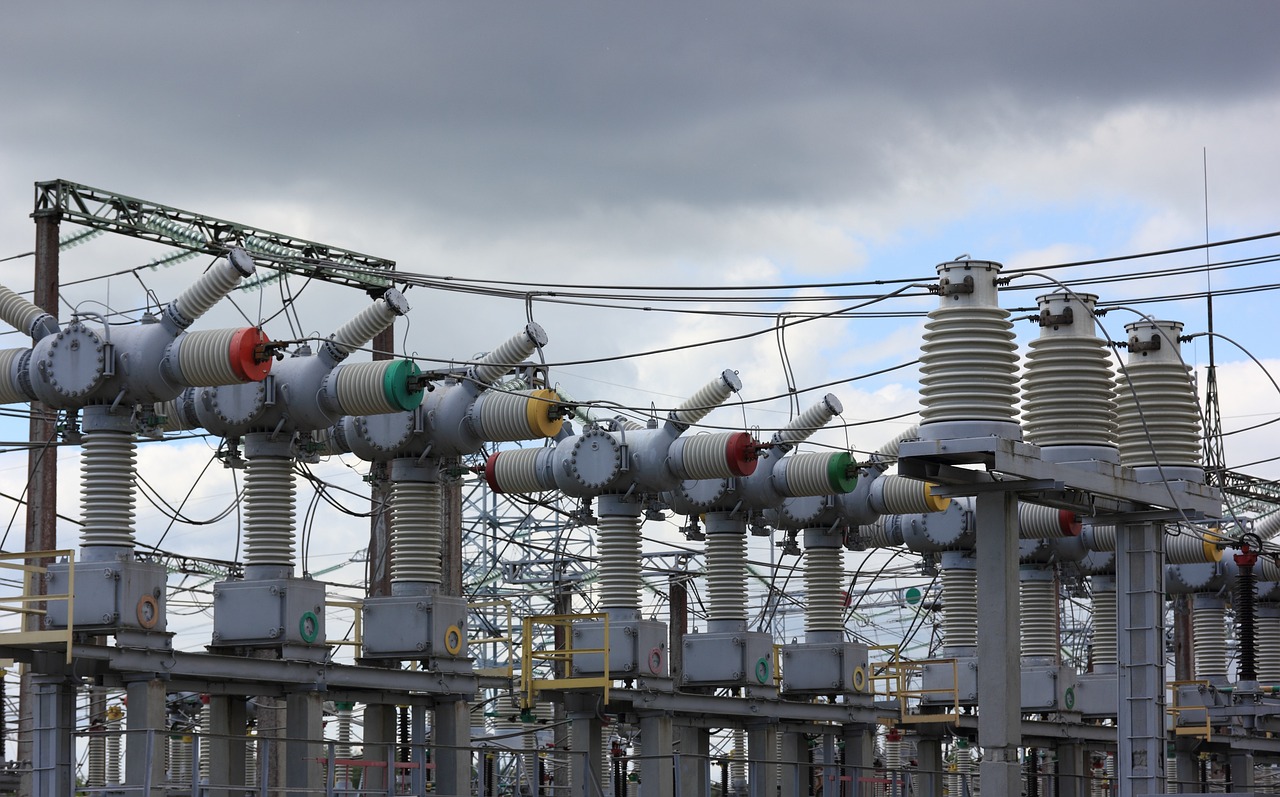
The biggest refinery in Bulgaria, Neftochim Burgas, is now one of the biggest buyers of Russian oil worldwide. The refinery consumed more than 4.95 million tonnes of Russian petroleum in the first ten months of 2023, generating direct tax revenues estimated at €1.13 billion for the Kremlin. With Turkey, China, and India as the top three purchasers of Russian crude oil by sea, Bulgaria comes in fourth.
In order to guarantee domestic supply security and permit petroleum sales to Ukraine during the EU embargo on Russian oil in December 2022, Bulgaria was granted an exception to the embargo rules. But it seems the refinery, which is run and owned by the massive Russian fossil fuel company Lukoil, is abusing this exemption. About 70% of Burgas’ total imports were Russian oil before to the invasion of Ukraine. Through the first 10 months of 2023, this percentage has increased to 93%. Taxes on the production and export of the crude that the refinery purchases, as well as any taxes paid by Lukoil, the second-largest corporation in Russia and the ultimate owner of 99% of the refinery, are two ways that the Kremlin gains from this transaction.
Neftochim Burgas has been able to continue producing and exporting excess goods to non-EU nations because of this exception to a rule against exporting refined goods made from Russian crude oil to non-EU nations, provided the storage of such goods in Bulgaria would pose a risk to public health and safety. There isn’t, however, such an exemption for exports to EU members. Evidence has been uncovered by CREA and Global Witness indicating that Neftochim Burgas is still shipping refined goods to the EU in defiance of the embargo.
Thenamaris Ship Management, a Greek tanker, docked the Seaexpress at the port of Burgas on August 8th, and it loaded 40,000 tonnes of fuel oil from the refinery. After that, the Seaexpress set out on a 15-day voyage across the Mediterranean, arriving in Rotterdam, the Dutch port, to discharge its cargo. Burgas had gone 21 days without receiving any non-Russian crude before taking on its delivery. Burgas received four cargoes of Russian crude oil totalling over 340,000 tonnes over the same period, suggesting that some of the fuel used on the Seaexpress came from Russian crude.
This breach of Bulgaria’s sanctions exemption criteria is complicated by the mass balance principle. Up to the quantity of refined product that Bulgaria exports to the EU in a given year, it may import all of the non-Russian oil that Bulgaria has imported. But the transaction doesn’t break any penalties by itself.
Between March and July of 2023, Bulgaria exported 304,000 tonnes of refined petroleum products to the European Union; the refinery imported only 216,000 tonnes of non-Russian crude and 2.1 million tonnes of Russian oil. The refinery will need to immediately replace some of its Russian supplies with oil from other sources in order to comply with the restrictions.






